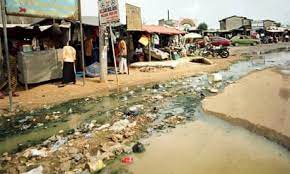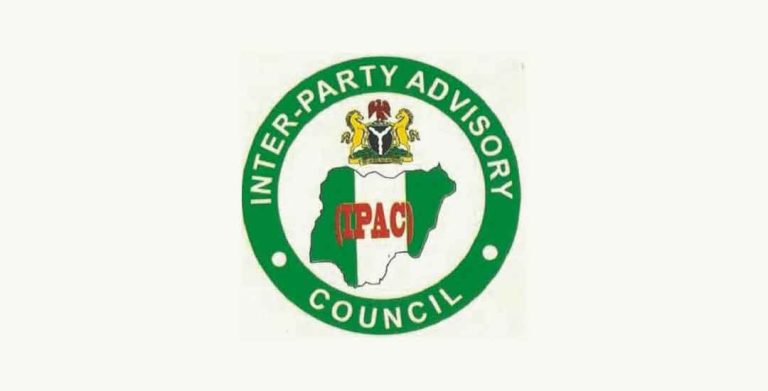
The World Bank has warned that inadequate sanitation is costing Africa up to $200 billion annually in lost economic gains, with the continent’s GDP potentially rising by 5% if governments make adequate investments in water and sanitation systems.
The findings are contained in the Bank’s new report, “The Global Sanitation Crisis: Pathways for Urgent Action,” released on Tuesday. It highlights that nearly two out of five people worldwide, around 3.5 billion, still lack access to safe sanitation, fueling preventable diseases such as cholera, diarrhoea, and typhoid.
In Africa, rapid urbanisation, weak infrastructure, and poverty have left millions in informal settlements without proper sewage systems, forcing reliance on unsafe alternatives that contaminate water supplies. The World Bank warned that climate pressures such as flooding and drought are compounding these risks.
The report stresses that every $1 invested in water and sanitation in Africa yields a $7 return, through healthier communities, stronger economies, job creation, and reduced greenhouse gas emissions.
Beyond health and economic gains, the Bank said resilient sanitation could cut up to 10% of global methane emissions and improve education outcomes, citing examples from India and Brazil.
Calling for urgent action, the World Bank urged governments to adopt climate-resilient, citywide sanitation policies, noting that progress toward the UN Sustainable Development Goal of “clean water and sanitation for all” by 2030 remains far off track.



